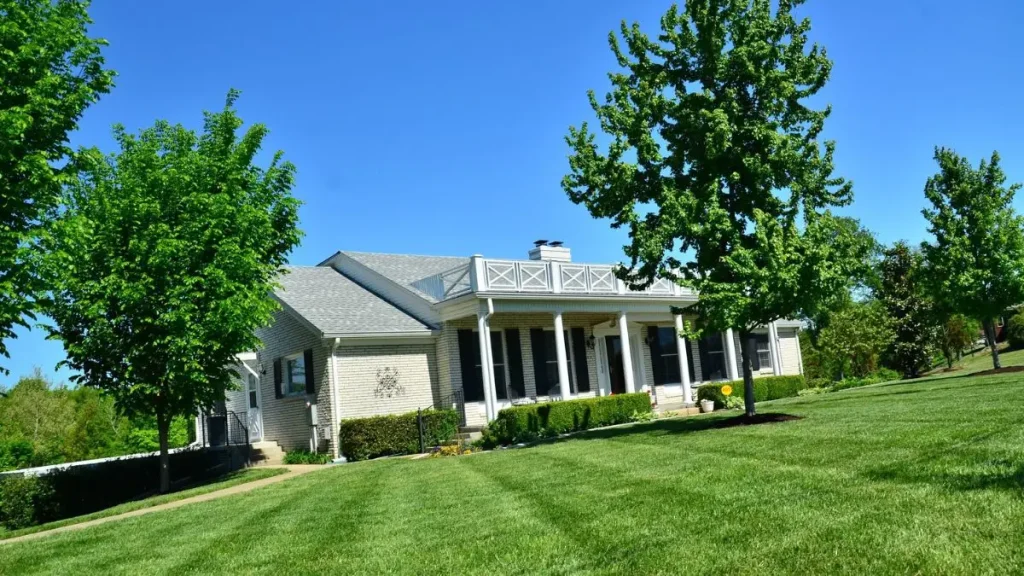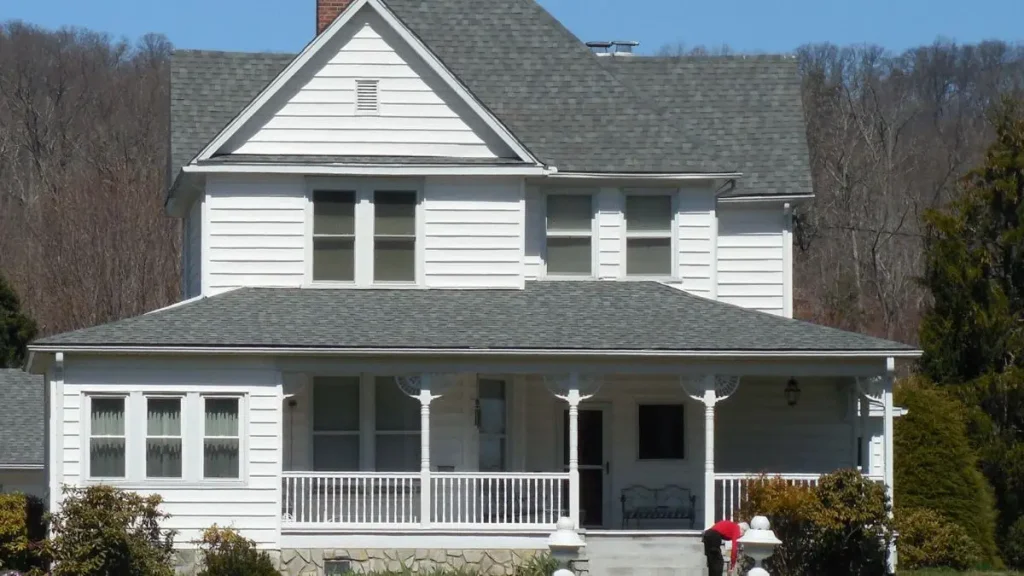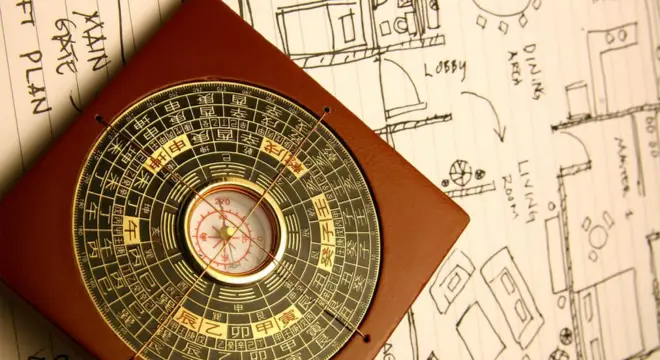Irregular Plot Vastu Tips: Simple Fixes for Better Energy Flow
In home design and architecture, the shape and orientation of a plot may seem like just another technical detail. But in traditional Indian practice, Vastu Shastra teaches us that these factors can influence everything from a home’s energy flow to the well-being of its occupants. One of the most debated concerns in Vastu is the use of irregularly shaped plots—L-shaped, triangular, or skewed—which are often believed to create imbalance and disruption.
Whether you’re building a home from scratch, buying a property, or already living on an oddly shaped plot, it’s essential to understand how plot shape can affect harmony and what you can do to correct it. In this article, we explore how Vastu views irregular plots, what you should keep in mind while buying one, and practical ways to improve your home’s energy and security—no matter the shape of your land.
Why Plot Shape Matters in Vastu?
Vastu Shastra is based on the idea that the five elements—earth, water, fire, air, and space—need to be balanced in a living environment. A regular, square or rectangular plot allows this balance to flow evenly. However, irregularly shaped plots can lead to imbalanced energy zones, which may result in stress, confusion, or a general sense of discomfort within the home.
For example:
- L-shaped plots are believed to create missing zones, which could affect finances or relationships.
- Triangular plots may cause high energy concentration in one area, leading to conflict or instability.
- Plots wider at the back than the front may lead to opportunities slipping away or health-related issues.
Such disruptions don’t just impact mental well-being but can manifest in frequent home repairs, sleep disturbances, or recurring negative events. Therefore, if you’re living on or considering an irregular plot, it’s crucial to assess how the energy is circulating—and whether simple Vastu remedies can help realign it.
Home Buying Advice: What to Know Before Choosing an Irregular Plot
If you’re in the market for a new home or plot of land, one of the smartest decisions you can make is to evaluate the shape of the plot before making a purchase. According to Vastu, plots that are square or rectangular with a proper north or east-facing orientation are considered ideal. These shapes allow for even energy distribution and are easier to work with from both a design and spiritual perspective.
Here are a few things to keep in mind before buying an irregular plot:
- Check for plot symmetry: Avoid plots with sharp corners, awkward angles, or tapering edges.
- Consider the surroundings: A plot may appear irregular, but with proper landscaping or boundary walls, it can often be regularized.
- Consult both a Vastu consultant and an architect: While one focuses on energy and balance, the other ensures that the structure will be practical and functional.
- Avoid compromise if possible: If the plot feels “off” during your first visit, trust your instinct. Energy often reflects through subtle cues.
If you must choose an irregular plot due to location or budget constraints, ensure you have a plan in place for adjustments and improvements—which we’ll discuss in the upcoming sections.
Blending Vastu into Modern Architecture

Modern homes are designed for function, lifestyle, and aesthetics—but that doesn’t mean they have to ignore spiritual well-being. If your plot is irregular in shape, Vastu compliance can still be achieved through smart architectural design. In fact, many architects today actively collaborate with Vastu consultants to create layouts that satisfy both practicality and spiritual harmony.
Here’s how Vastu can be integrated into an irregular plot:
- Zoning the home internally: Even if the land is oddly shaped, the constructed structure can be kept square or rectangular, using setbacks, boundary walls, or landscaping.
- Room placement adjustments: Key rooms like the kitchen, master bedroom, and pooja room can still be placed in Vastu-recommended zones (e.g., southeast for the kitchen, southwest for master bedroom).
- Creating virtual symmetry: Using interior walls, false ceilings, or floor plans to create the illusion of balance—even if the plot isn’t naturally symmetrical.
- Orientation fixes: Ensuring the house faces the right direction (preferably east or north) helps offset many of the negative aspects of irregularity.
This approach allows homeowners to enjoy the benefits of modern design while still tapping into the positive energy flow promoted by Vastu. It also sets the stage for better peace of mind, comfort, and long-term satisfaction with the property.
If your plot has a north-west entry, follow our detailed North-West entry vastu guide for positive energy and safety to optimize layout and ensure stability.
Vastu Corrections and Remedies for Irregular Plots
Already living on an irregular plot? Don’t worry—Vastu Shastra offers several corrective measures that can help balance energy and create a more harmonious environment. These remedies are often simple and do not require tearing down walls or starting from scratch.
Here are a few actionable Vastu remedies to consider:
- Build a regular compound wall: You can construct a rectangular or square boundary within the irregular plot to form a geometrically balanced construction area.
- Use of Vastu pyramids and crystals: These are energy tools believed to neutralize negative zones and strengthen weak areas of the home.
- Mirrors and lighting: Strategic use of mirrors can “reflect” missing corners, while bright lighting in dull or tapered corners can activate stagnant zones.
- Indoor water elements: A small water fountain or aquarium in the northeast can bring calmness and balance.
- Landscaping fixes: Planting trees or hedges in certain areas can help block negative energy or visually correct a poorly shaped plot.
- Vastu strips and metal rods: These can be embedded in floors or walls to improve directional energy without altering the architecture.
While these may not turn an irregular plot into a textbook Vastu-compliant one, they can certainly enhance comfort, reduce disturbances, and promote better flow in your daily life. The key is to focus on remedy, not perfection—and combine traditional wisdom with modern solutions.
Real Estate Impact: Will Irregular Plots Hurt Your Property’s Value?
When it comes to buying or selling property, plot shape can have a significant effect on both the perceived value and the marketability of the property. In real estate, buyers may hesitate to invest in irregularly shaped plots due to the potential for design and structural limitations.
However, it’s important to understand that Vastu compliance is just one aspect that buyers may consider, and irregular plots do not always mean a loss in value.
Here are a few points to consider:
- Market trends: In some regions, irregular plots may be sold at a lower price due to perceived inauspiciousness. However, in competitive real estate markets, land prices are often driven by location, proximity to amenities, and demand rather than just shape.
- Vastu adjustments add value: Buyers increasingly see Vastu-compliant homes as more desirable for their psychological well-being and future prosperity. Homes on irregular plots that have been properly corrected with Vastu remedies (such as boundary walls or interior alterations) are often more attractive and can fetch higher resale value.
- Buyer psychology: For many potential buyers, the idea of living in a Vastu-compliant home offers a sense of peace and security. When a home blends spiritual wellness with modern design, it can stand out in the real estate market, even on an irregular plot.
- Customization potential: Irregular plots may also appeal to creative buyers who are looking for a property that they can personalize or redesign to fit their needs. Offering customized home improvements based on Vastu can be a selling point.
While an irregular plot might have a slightly reduced value compared to regular plots, it’s far from being a deal-breaker. With the right remedies, creative architectural solutions, and an understanding of buyer expectations, you can boost your home’s resale value and long-term satisfaction.
How to Improve Your Home & Security Regardless of Plot Shape?

Even if you are dealing with an irregularly shaped plot, home improvements and security measures can still create a living environment that feels balanced, secure, and comfortable. At BuildLikeNew.com, we believe that every home—regardless of shape—can benefit from thoughtful improvements that enhance both physical safety and spiritual well-being.
Here are several ways to improve your home’s comfort and security, even on an irregular plot:
1. Enhance Home Security
- Smart home systems: Install security cameras, motion sensors, and smart lighting to enhance safety, especially in areas of the home that may feel exposed due to irregular corners or open spaces.
- Strategic fencing: Build a secure boundary wall to correct the plot’s shape visually and physically. Use tall fencing to enhance privacy and security, particularly in areas where the plot may seem vulnerable or uneven.
- Lighting: Adequate outdoor lighting not only improves security but can also boost energy flow. Make sure dark corners are well-lit to deter intruders and improve the balance of energy within the space.
2. Smart Use of Space
- Zoning: Divide your home into clear zones to help create a more organized flow of energy. Use furniture placement and interior walls to counterbalance any irregularity in the plot and ensure that spaces feel cohesive and harmonious.
- Landscaping: Outdoor landscaping can transform an irregular plot into a more functional and visually pleasing space. Use hedges, shrubs, or raised garden beds to fill awkward or unused corners, promoting positive energy circulation.
3. Interior Design for Balance
- Vastu remedies indoors: Install mirrors to reflect missing corners or weak areas of the home. Place crystals or Vastu pyramids in key rooms to enhance positive energy.
- Water elements: A small indoor water fountain placed in the northeast corner can bring peace and prosperity, balancing the energies in your home.
- Color schemes: Use calming colors like light blues, whites, or greens to promote peace and harmony, particularly in areas that feel too “sharp” due to the plot’s shape.
4. Spiritual & Emotional Balance
- Creating a designated pooja room: The northeast corner (Ishan corner) is considered ideal for the pooja room, and it can be incorporated creatively in your design to maintain a positive environment.
- Natural materials: Wood, clay, and stone materials are thought to balance the five elements and help stabilize energy. Integrating these materials into your home’s design can help mitigate any Vastu imbalances caused by plot irregularity.
By combining security systems with Vastu remedies, you can create a home that not only feels balanced and peaceful but is also secure and future-proof. Remember, the shape of your plot is just one factor in your home’s design—through thoughtful planning and modern improvements, your home can be both a safe haven and a spiritually uplifting space.
Conclusion
While the shape of a plot may influence the flow of energy according to Vastu Shastra, it should never discourage you from building a safe and peaceful home. Whether your land is L-shaped, triangular, or otherwise irregular, modern architectural strategies combined with ancient wisdom can bring harmony and functionality together.
With smart home design, practical Vastu remedies, and enhanced security features, you can overcome shape-related limitations and create a space that supports well-being, prosperity, and peace of mind.
Remember, your home is not just about structure—it’s about how you feel inside it. And that starts with smart choices.
Want more home improvement ideas that blend security, comfort, and energy balance? Bookmark our website for homeowner advice, and practical upgrades that actually work.
Disclaimer: This article is intended for general informational purposes only and should not be considered professional Vastu or architectural advice. While traditional Vastu principles are widely respected in many communities, individual needs, beliefs, and local building regulations may vary. For personalized guidance, always consult with a certified Vastu consultant, architect, or licensed contractor before making structural changes to your home.


